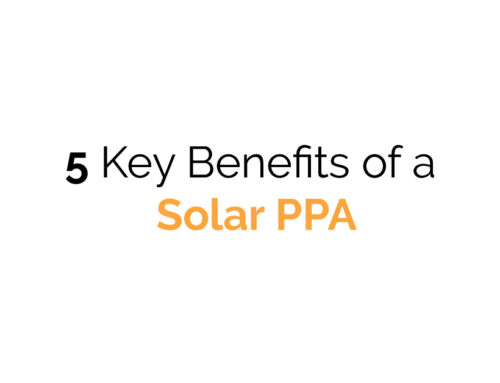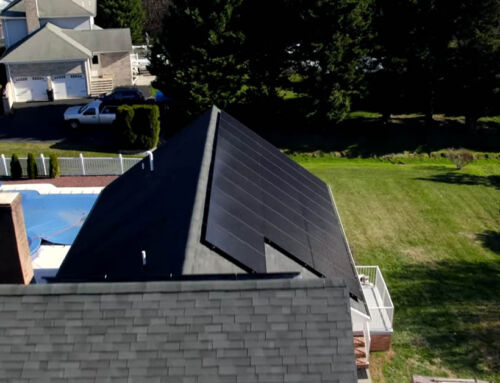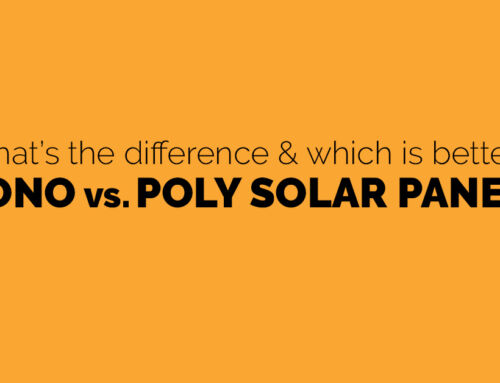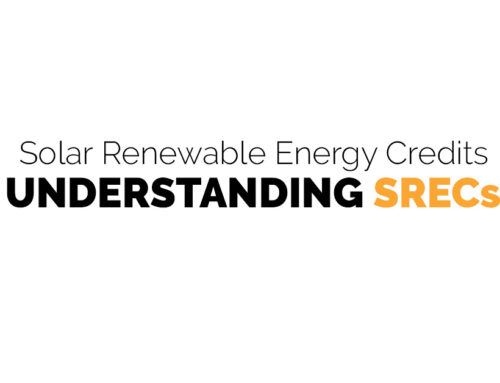Will Solar Work For My House?
Solar energy has become an increasingly popular option for homeowners looking to reduce their reliance on fossil fuels and save money on their energy bills. But is solar energy right for you?
Before investing in solar panels, consider these factors to determine whether your home is suitable for solar energy.
1. Your Roof’s Orientation and Angle
One of the most important factors to consider when determining whether your house is suitable for solar energy is the orientation and angle of your roof. To capture the most sunlight possible, your roof should face south, east, or west. The ideal roof pitch for solar panels is between 20 and 40 degrees. This allows the panels to capture the most sun throughout the day.
If your roof doesn’t have the correct orientation or angle, it may not be suitable for solar panels. These are things that are relatively easy for us to determine with your free solar analysis.
2. The Amount of Shade Covering Your Roof
Another factor to consider is the amount of shade on your roof. Trees, buildings, and other structures that cast shadows on your roof can reduce the amount of solar energy your panels can capture. If your roof is heavily shaded, you may need to remove trees to go solar.
Plenty of our customers remove trees to make sure their roof gets enough sunlight for their panels to generate enough energy.
3. Your Roof’s Current Condition
Before installing solar panels, your roof needs to be in good condition. Solar panels can be pretty heavy. So, you’ll need to ensure your roof is strong enough to support the weight of the panels.
If your roof is old or in poor condition, it may not be suitable for solar panels. Or you may want to consider replacing your roof before you get solar panels. Many of our customers replace their roofs and get solar panels installed at the same time.
If your roof is in poor condition and you get solar panels, you may find yourself paying to remove and reinstall the panels when you eventually have to replace your roof.
4. Your Current Energy Consumption
To determine the size of the solar panel system you will need, you’ll need to assess your energy consumption. The more electricity you use, the larger the solar panel system you’ll need to offset your energy usage. Solar energy may be a good option for your home if you use a lot of electricity.
With energy costs on the rise, solar can be a relatively easy way to save money on your monthly expenses even if you’re only offsetting a portion of your monthly energy consumption.
5. Your Household Budget
Solar panel systems can be expensive, so it’s essential to determine how much you are willing to invest in a solar energy system. You’ll need to consider the upfront costs of purchasing and installing the panels and the long-term cost savings you can expect to achieve through reduced energy bills. For most of our customers, there are very few upfront costs.
The good news is there are loads of federal and local incentives available. For most people, this mean a low monthly payment for solar with significant credits and rebates that reduce the overall cost of the solar energy system.
Get A Solar Evaluation
If you’re serious about going solar, the next step is to have professionals assess your home’s solar potential. At American Sentry Solar, we’ll consider factors like your roof’s orientation & angle, the amount of sunlight it receives, your energy consumption and budget. Our free solar analysis is the best way to determine whether solar energy is viable for your home.
Common Solar FAQ’s
Is solar worth it?
We’re biased but yes. For most of our customers, solar does make sense and it is worth it.
How much do solar panels cost?
This is a hard question to answer because every situation is different. According to the SEIA.org, the average price per watt was $3.42 in 2023 and has dropped by more than 40% over the last decade. That means that the average system price in 2023 was roughly $25,000 before applying federal and local incentives. For most consumers applying the max incentives and financing their system, they’re going to see monthly savings on their energy bills very quickly.
Is the government giving away free Tesla solar panels?
No. Sadly, you can’t believe everything you see on the internet. And if it sounds too good to be true, it probably is.
Do I have to get a battery with my solar panels?
No. You don’t need to. But lots of our customers do. While not absolutely necessary, a battery can be a great way to protect against unforeseen power outages.
How long do solar panels last?
Most solar panels come with a warranty of 25-30 years but they can last much longer than that.
I heard the utility companies pay consumers for the solar power they generate?
You may have heard someone mention this and the odds are they were talking about SREC’s, or Solar Renewable Energy Certificates. SRECs are a tradable commodity representing the environmental benefits of one megawatt-hour (MWh) of electricity generated from solar energy. More about SRECs




